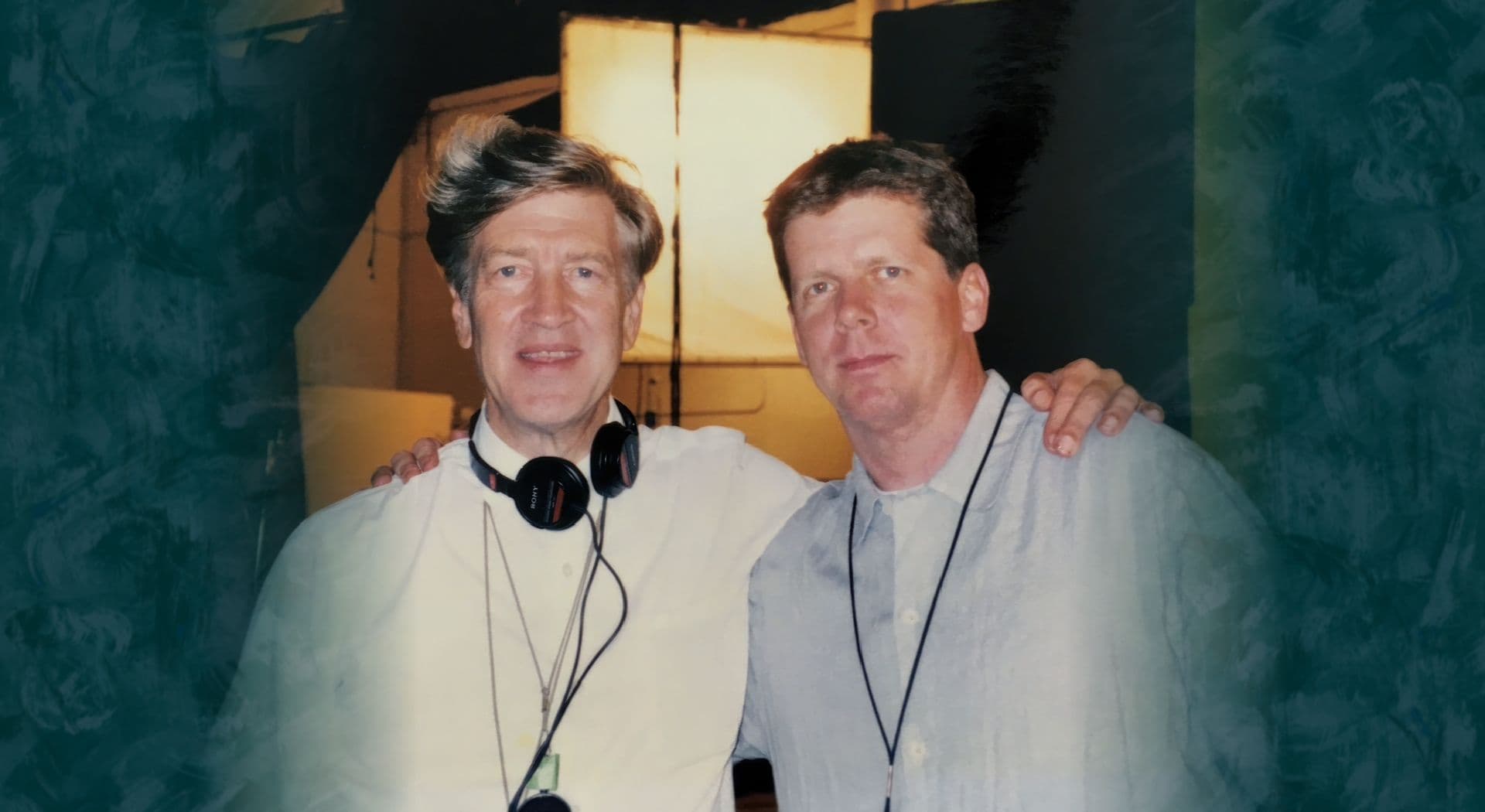The Peter Deming - David Lynch Duo Award, honoring one of contemporary cinema’s most influential cinematographer-director partnerships, was presented to Peter Deming during the 33rd Opening Ceremony of EnergaCAMERIMAGE 2025 on 15 November 2025. The tribute launched this year’s Festival by celebrating the decades-long collaboration that helped define the visual language of David Lynch’s later work and left a lasting mark on film history.

Few cinematographer – director partnerships have left as distinctive a mark on contemporary cinema as that of Peter Deming and David Lynch. What began with a modest television project – On the Air (1992) – evolved into a decades-long creative alliance that helped shape the unmistakable visual identity of Lynch’s later work. Their collaboration encompasses the celebrated Lost Highway (1997), Mulholland Drive (2001), and Twin Peaks: The Return (2017), as well as earlier television projects such as Hotel Room (1993) and the short film Premonitions Following an Evil Deed (1995), and extends to the concert film Duran Duran: Unstaged (2011). Deming also supported Lynch on the self-shot INLAND EMPIRE (2006) in an advisory capacity, reinforcing a bond that went beyond the technical. It was, above all, a meeting of artistic temperaments.
Deming has often noted that working with the technologically savvy Lynch never required extensive discussions about camera systems or lighting setups. Their conversations revolved around tone, atmosphere, and instinct. Lynch’s background in painting and photography allowed them to communicate in a shorthand: if the image captured the right feeling, no further justification was needed. On set, this shared intuition created a space for experimentation, where unusual camera moves, unconventional lighting, unexpected framing could be seamlessly folded into the day’s rhythm.
Lynch and Deming often favored soft, diffused lighting punctuated by stark contrasts, creating scenes suspended between beauty and unease. Shadows are not decorative but structural, shaping psychological space and pulling the viewer into a state of heightened attention. Their color palette leans on deep blues, reds, and greens, often muted or selectively intensified, embedding emotional undercurrents directly into the image. Framing plays an equally crucial role: asymmetrical compositions, mirror reflections, and subtle distortions quietly destabilize perspective, mirroring the thematic ambiguity of Lynch’s narratives. This visual grammar was not merely a stylistic choice but a way of storytelling. In Lost Highway, the deliberately murky exposure heightened paranoia and blurred perception. In Mulholland Drive, the carefully preserved off-balance compositions deepened the film’s dreamlike disorientation. In Twin Peaks: The Return, Lynch and Deming embraced the possibilities of digital imaging to push their aesthetic further: shadows and flares filled the frame, and tight compositions mirrored the story’s growing intensity.
Across these projects, their partnership demonstrates how a shared vision can shape an enduring cinematic language. It reflects not only David Lynch’s uncompromising artistic identity but also Peter Deming’s crucial contribution in giving that vision tangible form. Their work remains a benchmark for how cinematography and directing can merge into a single, cohesive voice – one that continues to resonate across decades of film history.
